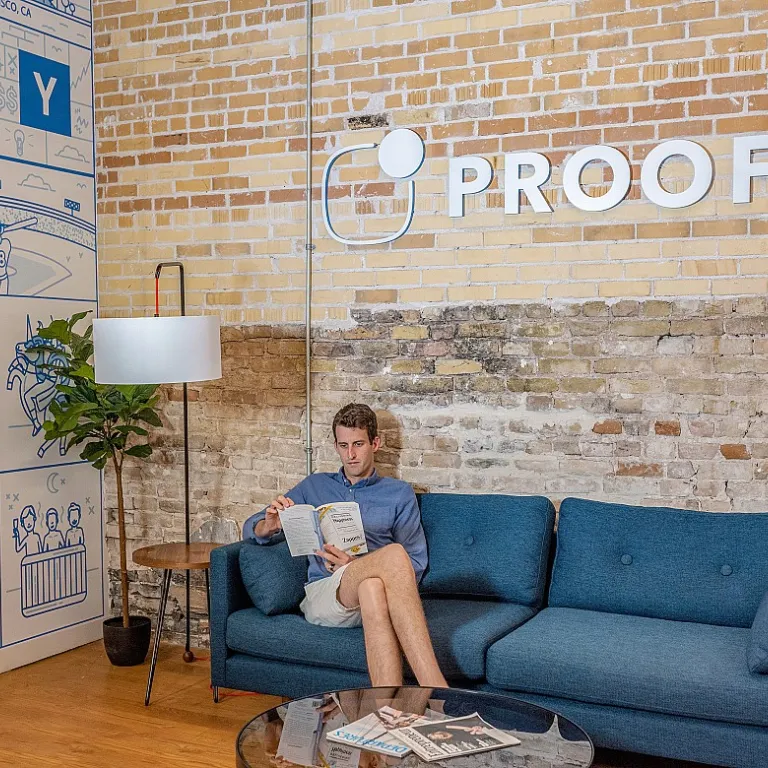
Understanding Employment Law in New Zealand
An Overview of Workplace Regulations
Understanding employment law in New Zealand can be quite challenging, especially when it comes to sick leave policies. The law provides a framework designed to balance the rights of both the employee and the employer regarding leave requests. This framework is crucial for ensuring fair treatment in the workplace while maintaining operational efficiency. New Zealand's employment regulations mandate a certain amount of paid sick leave for employees, which is generally five days per annum, after six months of continuous employment. This is a vital part of employment law as it ensures that workers can take time off for health reasons without fear of financial repercussions. Moreover, the law offers provisions for employees to use unpaid leave if their paid sick leave has been exhausted. Employers need to be familiar with these regulations not only to comply with legal requirements but also to foster a supportive work environment. When it comes to requesting a doctor's note or medical documentation, there are specific guidelines that dictate when this is deemed appropriate. New Zealand's employment law supports the employment relationship by allowing employers to request proof of illness, such as a doctor note, only when reasonable grounds are established – for instance, after an employee has been sick for more than three consecutive days. However, the employer may require this documentation earlier if the circumstances specifically justify the request. For further insights into how legal factors can influence business policies and workplace conditions, you might explore this guide for New Zealand companies. It expands on the nuances of employment law and highlights implications for office managers looking to align with statutory requirements.When Can Employers Request a Doctor's Note?
Employer Rights to Request Documentation
In New Zealand, the laws surrounding employee sick leave and documentation can sometimes be complex, and whether employers can demand a doctor's note after just one day off is a nuanced subject. Generally, employment law allows employers the latitude to request medical documentation, such as a doctor's note, under specific circumstances. Understanding when and how to request such documentation is vital for many employers, especially in balancing operational requirements and respecting employee privacy. There are a few situations where employers might typically request a doctor's note:- When the employee has taken several consecutive days off, especially beyond the standard threshold, often considered three consecutive days.
- If the sick leave impact is considerable on the workflow or if there are concerns over the nature of the absence.
- When there's a pattern of repeated leave that raises legitimate concerns about absenteeism.
Balancing Employee Privacy and Employer Needs
Balancing Privacy and Need for Medical Documentation
In New Zealand, striking the right balance between protecting employee privacy and meeting employer needs is essential, especially when handling requests for a doctor's note. Employment law ensures that while employers have the right to request medical documentation, they must respect employee privacy. Employers can request a doctor's note after a one-day leave under certain conditions. However, this must be approached with care, considering the employee's rights. The law permits the request, but it is crucial for employers to weigh the necessity of such documentation against the potential intrusion into an employee's medical privacy. Key considerations include:- Employer Rights: While employers can request a doctor's note, it should be based on reasonable grounds such as frequent short-term absences.
- Medical Privacy: Employees should feel their privacy is respected. Unnecessary requests may lead to discomfort or even legal challenges.
- Accommodations: Employers must be willing to make accommodations where reasonable, especially if an employee is dealing with ongoing medical issues.
- Documentation Requirements: Employers should clarify what is required in a doctor's note, ensuring it's strictly related to the absence in question.
Practical Implications for Office Managers
Practical Impact of Sick Leave Documentation on Office Managers
Navigating the intricacies of employment law when managing sick leave is not just about compliance but also about maintaining a productive workspace. For office managers, understanding when employers can request a doctor’s note is critical in balancing employee rights and company requirements. In New Zealand, the legal framework allows employers to request a doctor note after certain conditions are met, like three consecutive days of leave. However, this isn't merely about adherence to the letter of the law. It's about being practical and fair in every situation. Here are key considerations:- Documentation Accuracy: Ensure that leave requests and accompanying medical documentation are accurately recorded. This can help avoid potential misunderstandings and disputes.
- Tracking Leave Patterns: Carefully tracking leave patterns can help identify if specific accommodations are required while respecting employee privacy.
- Establishing Clear Policies: Establish well-defined policies for requesting a doctor note, making sure these align with employment law and your organization's needs. This involves communicating these policies openly to all employees.
- Respecting Medical Privacy: While requesting medical documentation, be mindful of privacy concerns. Limit access to sensitive information and protect employee confidentiality.
- Preparing for Absenteeism: Develop contingency plans for managing workloads during employee absences. This could include cross-training employees to fill temporary gaps in staffing.
Case Studies: Real-World Scenarios
Lessons from Real Workplaces
Navigating the waters of sick leave policies is no simple task, as a variety of real-world scenarios illustrate. These cases highlight the challenges and nuances inherent in balancing employee privacy with employer requirements. In one instance, a New Zealand company faced the dilemma of frequent short-term absences from a vital team member. The employee occasionally took one or two days of sick leave, often without providing a doctor's note. In response, management considered requesting medical documentation for every absence. However, they needed to balance this with the employee's medical privacy rights and their own obligations under employment law. Another company sought to implement a policy requiring doctor's notes for absences exceeding three consecutive days, consistent with leave laws. This approach allowed them to maintain a level of trust with employees while ensuring that extended absences were appropriately documented. A third case involved an employer who had to adapt their sick leave policies in response to an employee recovering from a medical procedure. The law required compassionate accommodations, compelling the employer to provide paid sick leave and avoid overly burdensome requests for medical documentation. These scenarios underscore the importance for employers to design policies that respect both the medical privacy of employees and the operational needs of the business. Each situation offers valuable insights for office managers striving to craft fair and effective sick leave policies that comply with current employment law standards while accommodating the unique dynamics of their teams.Best Practices for Managing Sick Leave
Cultivating a Healthy Workplace Environment
Ensuring a healthy work-life balance is crucial in promoting a productive atmosphere. Aligning with employment law significantly aids in fostering this environment. As an office manager, you can make a substantial impact by implementing these best practices:
-
Clear Communication
Ensure that your employees are well informed about the leave policies, including when employers might request a doctor's note. Transparency helps in setting mutual expectations, thus minimizing confusion.
-
Accessible Policies
Maintain easily accessible documentation regarding company policies on medical leave and sick notes. Providing this information aids employees in understanding their rights and obligations.
-
Privacy Protection
Balance is key. While the employer might require a note for several sick days, respecting medical privacy should always be a priority. Adhering to privacy standards builds trust and encourages openness.
-
Employee Support Systems
Consider implementing programs or accommodations for employees returning from medical leave. This not only boosts morale but also showcases the employer's commitment to employee well-being.
-
Flexible Leave Arrangements
Whenever possible, evaluating the feasibility of flexible leave options demonstrates an understanding of employees' diverse needs, ultimately increasing engagement and retention.
For office managers, understanding these best practices in managing sick leave is essential. Not only does it ensure compliance with the law, but it also builds a culture of trust and respect. Proactive measures and thoughtful implementation can prevent potential disputes while enhancing overall productivity.













